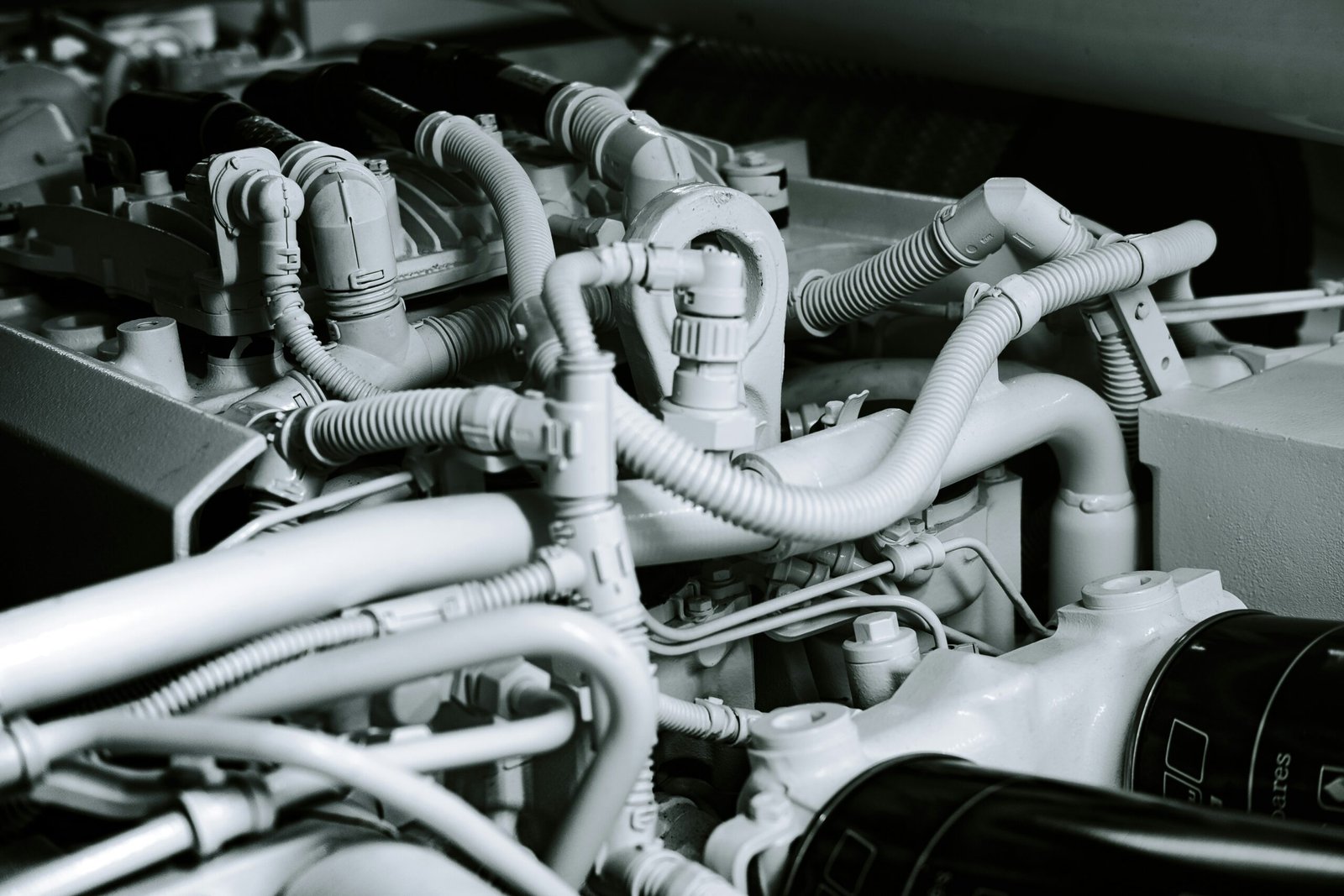Introduction to Diesel Engines
Diesel engines have become a popular choice for many vehicle owners due to their distinctive characteristics and performance metrics. Understanding the pros and cons of diesel engines is essential for making informed decisions when purchasing a vehicle.
Advantages of Diesel Engines
One of the notable advantages of diesel engines is their fuel efficiency. Diesel fuel contains more energy per liter compared to gasoline, which translates to longer driving ranges on a single tank. Additionally, diesel engines tend to produce more torque, making them ideal for heavy-duty applications and towing. Another factor is durability; diesel engines are designed to withstand higher temperatures and pressures, often resulting in a longer lifespan compared to gasoline engines.
Disadvantages of Diesel Engines
However, diesel engines are not without their downsides. The initial purchase price of a diesel vehicle is usually higher than that of a gasoline counterpart. Maintenance costs can also be higher due to the complexity of diesel systems and the need for specific types of oil and fuel filters. Furthermore, regulations regarding emissions have tightened, leading to potential limitation on where diesel vehicles can be used in some urban areas.
In conclusion, while diesel engines offer excellent fuel efficiency and performance, potential buyers should weigh these benefits against higher costs and environmental considerations. By understanding the pros and cons of diesel engines, you can make a more informed choice tailored to your driving needs.
